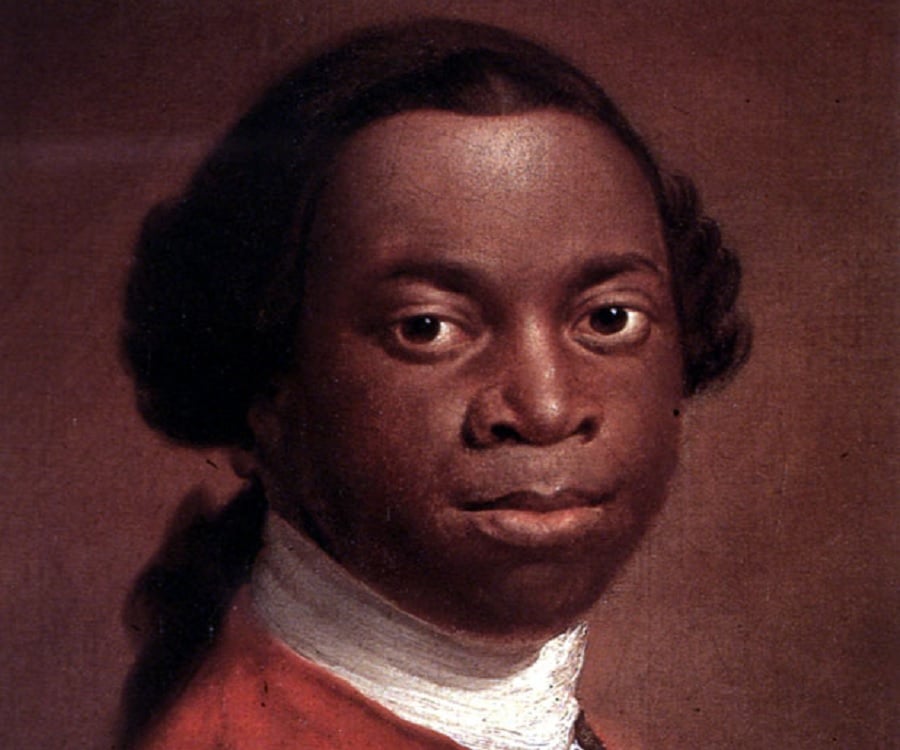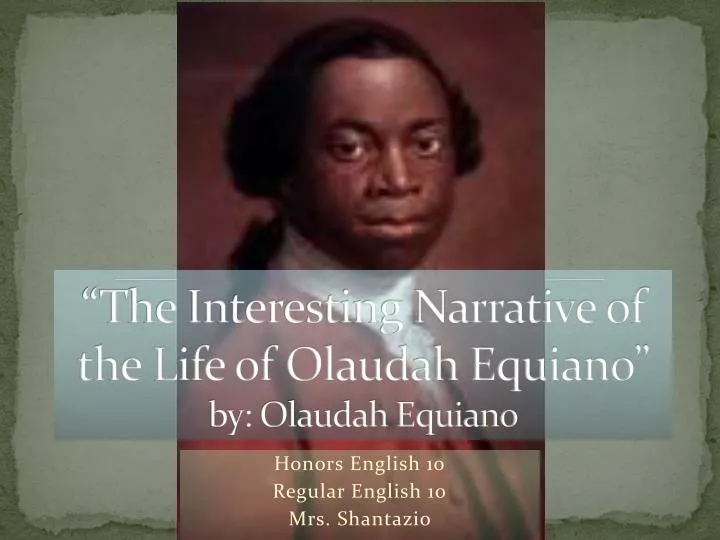

There are also elements of the adventure story in Equiano’s narrative, and, in that way, it evokes books like Robinson Crusoe or Gulliver’s Travels. The narrative is also a clear example of the form of spiritual autobiography that involves a recounting of a sinful, weak life followed by a conversion or spiritual epiphany, much like Saint Augustine’s Confessions. Harriet Jacobs’s Incidents in the Life of a Slave Girl is an example in the American context, as is Frederick Douglass’s The Narrative of Frederick Douglass. But it is one of the first in a long tradition of memoirs by former slaves that often agitate for the end of slavery through a personal story. This act passed in large part thanks to agitations by Equiano and others.Įquiano’s Narrative is often considered the prototypical slave narrative, even though it doesn’t perfectly fit into the structure of slavery, escape, and freedom that tends to encapsulate the form.

Starting in 1772, slavery was no longer legal within Britain, but it wasn’t until 1807 that the Slave Trade Act suppressed the international slave trade in the British Empire. The Quakers were a potent example of a group vocally opposed to slavery, though, of course, slaves themselves had protested and revolted against their condition for hundreds of years. By the end of the eighteenth century, this “triangular trade” was thriving, and yet, for the first time, many more people than ever before began to object to slavery as a moral atrocity. Europeans would capture black people in Africa, or buy them from traders on the coast they would then ship them to the West Indies to be sold as slaves, trading them for raw goods cultivated on plantations, and would carry these raw materials back to Europe to be processed and then sold in Africa and elsewhere. Slavery, as Equiano’s description of his own African village implies, had existed in some form for thousands of years, but it was the age of exploration that institutionalized a particular kind of slavery, bolstered by a growing set of arguments among Europeans about the ethical and intellectual inferiority of non-white races. Within this framework, European powers-first the Portuguese and Spanish, and later the British, French, Dutch, and others-vied to “discover” lands abroad, but of course these lands were largely already inhabited. For the nearly 300 years that preceded Olaudah Equiano’s writing of his life, the international slave trade had shrunk the world like never before: “globalization” could already describe this interconnected relationship between humans, goods, and places.


 0 kommentar(er)
0 kommentar(er)
